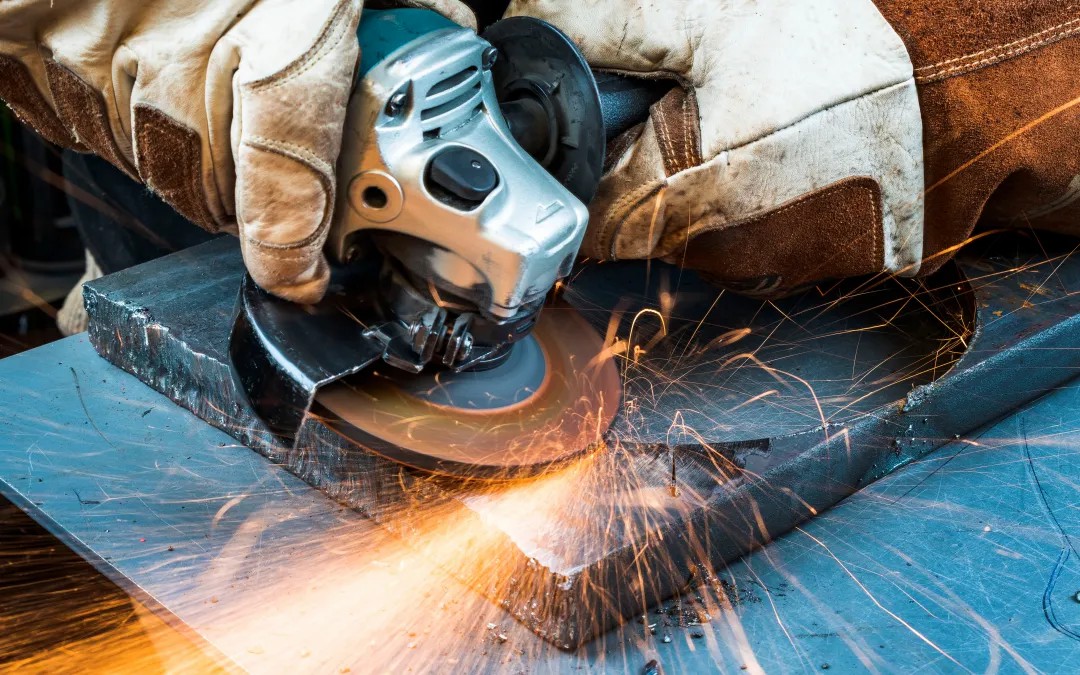


 349,500 Offered Certificates
349,500 Offered Certificates
 24/7 Online Training
24/7 Online Training
 Money Back Guarantee
Money Back Guarantee
 Fully Accredited Courses
Fully Accredited Courses

Created at: 22-02-2025 21:13
Abrasive wheels are indispensable tools in various industries, from construction to metalworking. However, they come with inherent safety risks that, if not managed correctly, can lead to severe accidents. Understanding these risks and the importance of proper training in mitigating them is critical for ensuring workplace safety.
Abrasive wheels are designed to grind, cut, or shape materials through the application of force. Their high-speed rotation creates significant friction, which can lead to various hazards:
Understanding the common hazards associated with abrasive wheels is the first step in risk mitigation. Here are the most critical safety risks:
One of the most effective ways to prevent accidents associated with abrasive wheels is through comprehensive training. Proper training programs empower workers to identify hazards and understand safe operating practices.
Consider the following case studies where proper training proved instrumental in preventing severe accidents:
A manufacturing firm in Dublin experienced multiple near-misses due to improper abrasive wheel usage. After implementing a certified abrasive wheels training program, the company reported a 70% reduction in incidents, with employees demonstrating increased awareness of safety protocols.
On a large construction site in Galway, a worker was trained in the proper mounting techniques for abrasive wheels. This knowledge helped avert a dangerous incident where a wheel could have dislodged due to improper installation. The proactive approach to training ensured that everyone understood the risks associated with their tools.
To enhance safety in environments where abrasive wheels are used, implement the following best practices:
In conclusion, the risks associated with abrasive wheels are significant, but they can be minimized through proper training and equipment handling. By investing in accredited abrasive wheels courses and continuously updating your training programs, businesses in Dublin, Cork, Galway, and beyond can create safer work environments.
Take action today—enroll your team in a certified abrasive wheels training course to ensure compliance and strengthen workplace safety. For more information, feel free to reach out at [email protected].